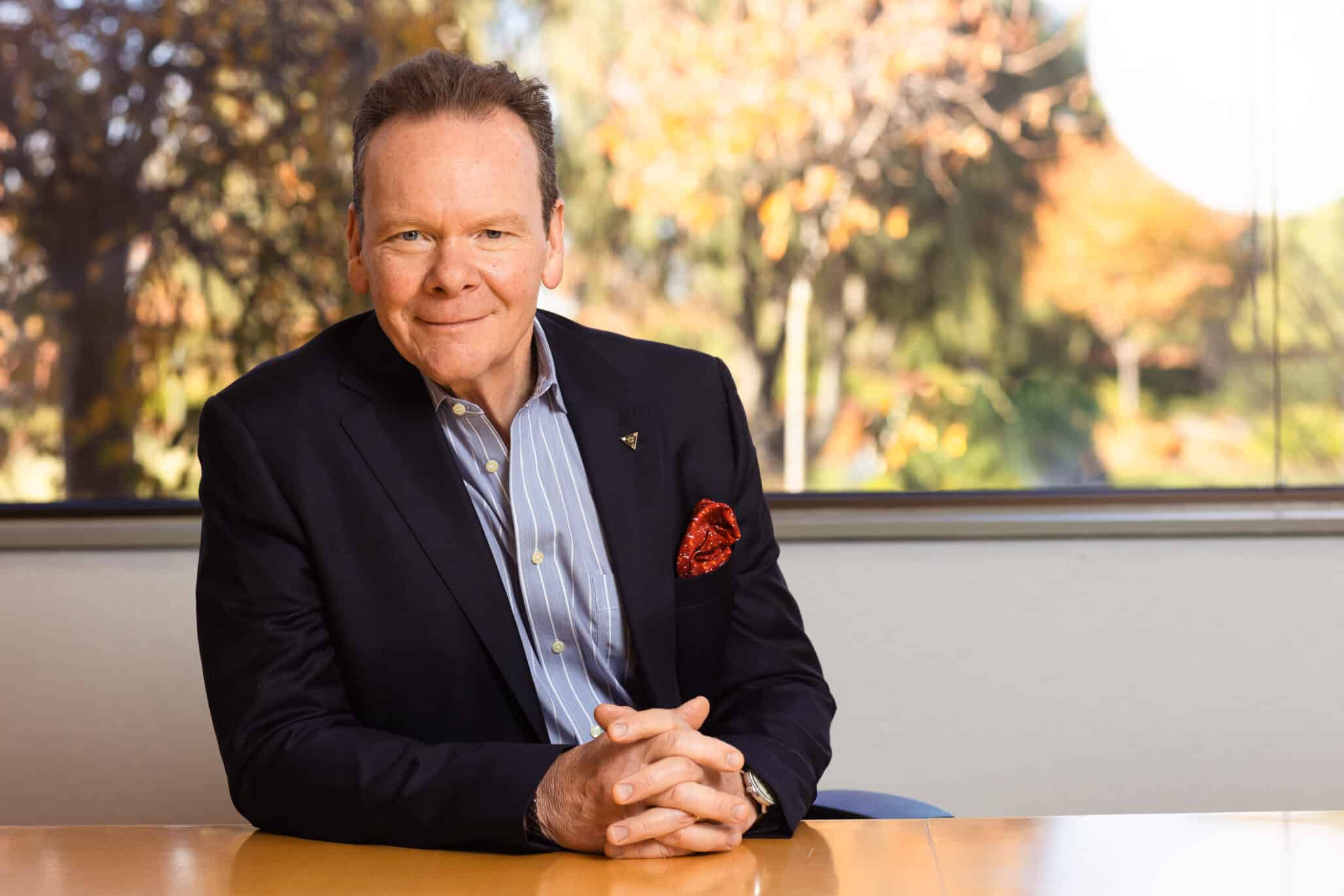Trends The Market Is Facing And How It Impacts Your Business.
2020 has been an interesting year, and as it starts to wind down, seed treating equipment sales ramp up. As such, let’s take a moment to review the top three trends market and industry influencers have experienced, which equipment and technologies have impacted the end-user most effectively and why it’s important for your operation as you look ahead to 2021.
1. Original seed treating sites with manual treaters are making decisions to upgrade: automation, accuracy and account management are key considerations.
Having personally visited hundreds of seed treating facilities over the last six months, USC Customer Support Technicians (CST) have consistently reported an increase in sites ready to upgrade their treating system. The majority of upgrade inquiries have been from sites with manual machines still performing at peak levels, many for 10-plus years, and while application accuracy is not the driving force to upgrade, advances in automation are. USC’s industry-leading, patented atomizer for more than 20 years will always be at the heart of the treater, but technological capabilities over the last two decades have drastically improved functionality for the operator. USC’s LPX LITE, for example, utilizes the latest in industrial software and hardware solutions to collect and analyze live data to make accurate adjustments, boasts the Start Wizard to simplify information into a quick access format reducing pre-run time, and with automated start, run and end sequences, runs are highly repetitive, eliminating the opportunity for mistakes. Additionally, the LPX LITE system supports up to 500 customers with unique recipes, saves up to 5,000 on-screen or downloadable reports, can be controlled remotely via mobile device, and all at least $20,000 less than the competition.
2. Traditional bulk seed treating sites are converting to high-capacity equipment, while some are consolidating to create super sites.
Five to ten years ago, seed treating sites that started out running bulk quantities of seed are beginning to see a shift in their business – and it’s for the better! Some sites simply need more efficient equipment to handle the increase in business, while other sites see the benefit in consolidating and combining forces to create super sites, also requiring high-capacity equipment to handle the increase in product. In addition, applications are becoming more customized, forcing bulk sites to adapt their treating process. As a result, interest and conversion to high-capacity equipment is at an all-time high. USC’s LPV series has drawn wide attention because of its overall flexibility to fit – both figuratively and physically – the needs for bulk treating sites. With multiple metering methods, a wide treating speed range, continual flow and tilting drum, the LPV series is capable of treating mass quantities of seed and challenging applications with ease.
3. Shift in both generational and corporate ownership has contributed to an increase in service and technologically-driven expectations.
Finally, the industry has seen a shift in ownership among seed treating sites – some of which include corporate merging, others are more of a generational change of hands. Regardless, it has been consistently expressed that equipment support and service, as well as implementing technology-driven capabilities, to help transition these sites are of utmost importance. USC CSTs have knocked on doors, serviced machines, provided honest feedback and advice to each customer, and it is paying off. With multiple treater, pump stand, conveyor and hopper options, combined with the industry’s leading automation platform, USC provides exactly what your operation needs – now and whatever the future holds for your business!










